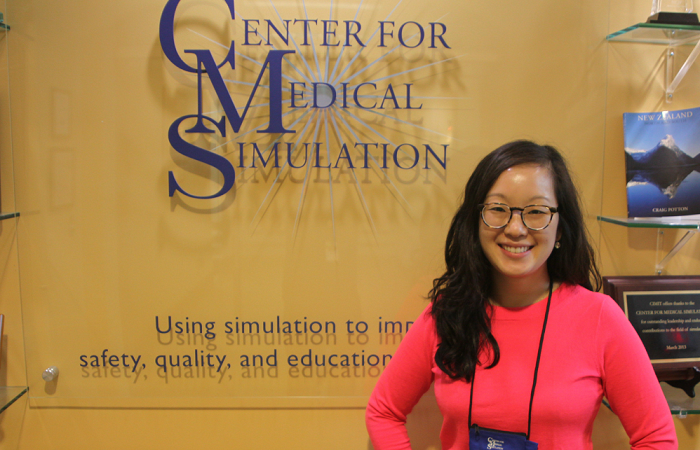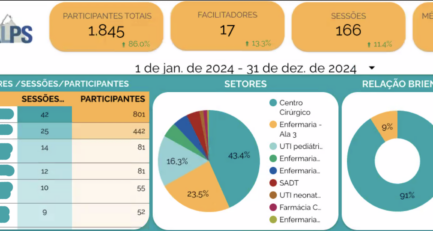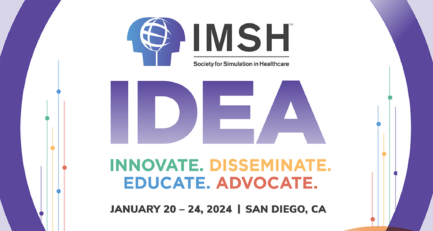
Christina Shin is a resident in Anesthesia at the Massachusetts General Hospital in Boston, MA. She spent the month of October at the Center for Medical Simulation (CMS) on an elective rotation. The goal of the rotation program is to expose residents to the potential and operational use of simulation for education, clinical training and research. Over the course of the month, residents develop simulation scenarios including patient records, plot, setup, debriefing notes, and references.
“My path to the Center for Medical Simulation (CMS) began in intern year with a brief but rich two-week simulation elective. Fast forward three years into anesthesia residency and I was thrilled to learn that my top elective rotation choice was granted: I was on my way to spending all of October at CMS.
I had the great fortune of kicking off my month as a participant in the Comprehensive Instructor Workshop. Admittedly, I began plagued by imposter syndrome as I sat amongst experienced simulation teachers from all around the world (in our cohort, we hailed from the US, Switzerland, Australia, New Zealand, and Saudi Arabia!). Yet my nerves and anxiety were no match for the warmth and support my co-learners and faculty members showed me and each other: I was encouraged to be vulnerable, challenged and open to growing as a learner and educator through simulation. Without giving too much away (because you must take the course yourself! J), I would say my favorite theory moment was encountering the molecule of good judgment and learning to debrief with a stance of curiosity. Our faculty gave us the tools to spark rich and reflective conversations amongst our learners. I learned also that while we as debriefers may prepare learning objectives, it is actually more often the case that the most pertinent learning objectives come from our learners.
Luckily my simulation journey continued to take off. I spent the rest of the month diving in as an embedded simulation participant, learning to operate the behind-the-scenes console and mannequin, and picking up the ingenious ways our simulation technicians bring cases to life. Every month, CMS is host to crisis resource management training for anesthesiologists and OB-GYNs. Whether as a participant or simulationista, I took away from these frequent sessions just how crucial role delegation and closed-loop communication are to effective teamwork and crisis management. I am convinced that multidisciplinary simulations of real crises are critical to professional development and patient safety.
I put theory into practice as I was invited to co-debrief a clinically and ethically challenging simulation case with senior anesthesia residents in my final week here. In preparation, I consulted with the MGH Optimum Care Committee (OCC) so that we could understand the guidance an ethics consult would realistically provide in a crisis situation. I was met with enthusiasm: our OCC faculty joined us for an incredibly rich and engaging discussion on perioperative code status. Our learners shared their frames and chimed in with examples from experience. We learned that perioperative code decision making is complex and one that we will encounter more and more in the future.
As the month nears to a close, I reflect on how I will continue to incorporate simulation into my career in academic medicine and role as an educator. I hope to use simulation not only for the purpose of education but also as a tool for hospital-wide quality improvement and patient safety initiatives. I will take with me the foundation my CMS mentors have helped me build and am thrilled to be a part of this growing network of creative and passionate educators and leaders.
I want to end this entry with a heartfelt thank you to the entire CMS family for your generosity in time and wisdom and your mic drop moments. You not only talk the talk but you also walk the walk. To the faculty – it was an absolute treat to witness you debrief the debrief!”
-Christina Shin, MD

